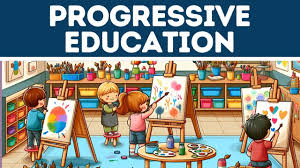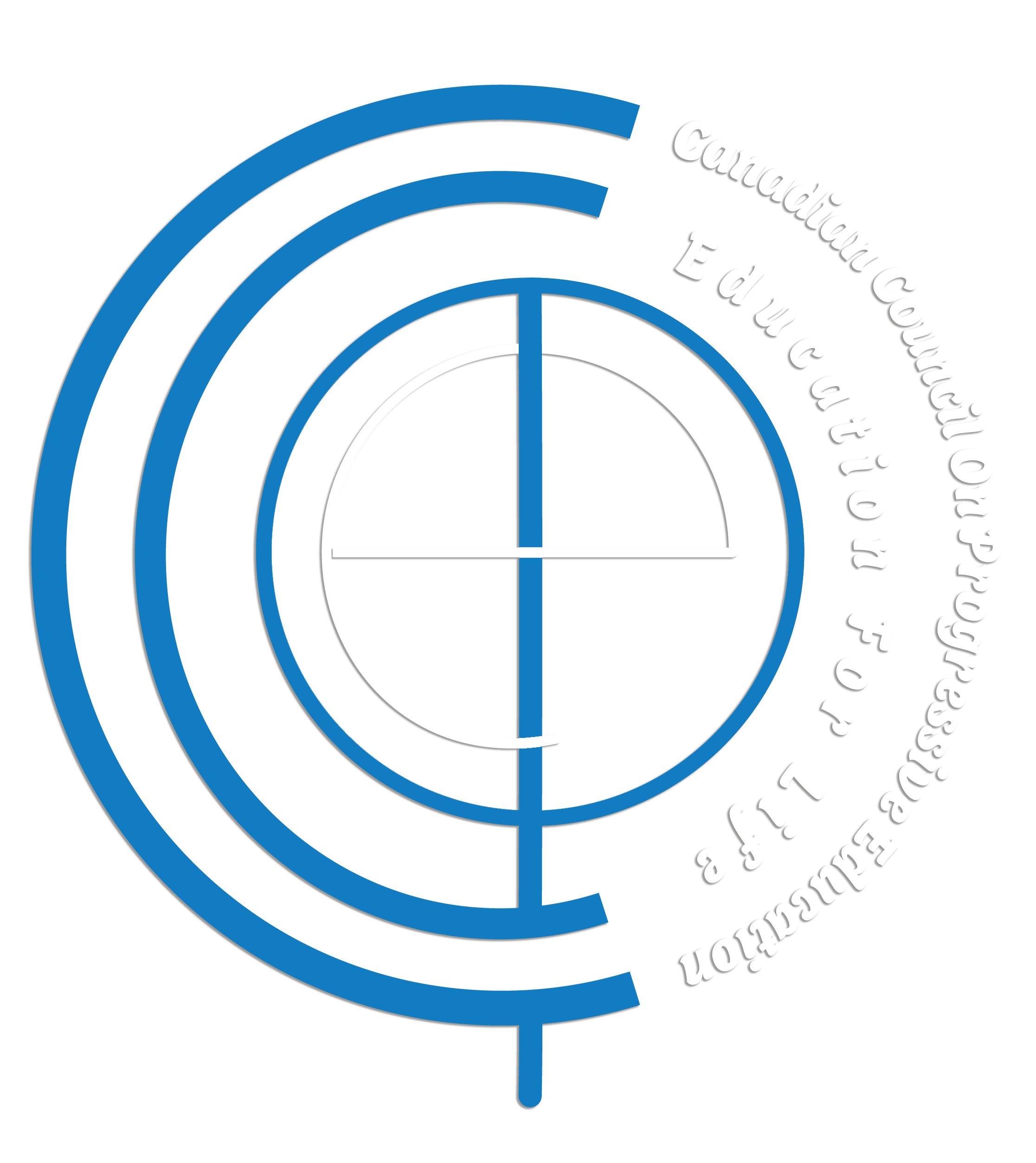

Progressive Education and the Modern Educational Setting: Empowering the Learners of Tomorrow
In an era where change is constant and innovation is key to growth, the educational landscape must evolve to meet the needs of today’s learners. Progressive education stands at the forefront of this transformation, focusing on fostering critical thinking, creativity, and holistic development in students. At the Canadian Council on Progressive Education (CCOPE), we believe that progressive education is not merely a trend, but a necessary shift in how we approach learning and teaching in the modern educational setting.
What is Progressive Education?
Progressive education is an educational philosophy that emphasizes active learning, student-centered approaches, and the development of critical thinking skills. Rather than focusing solely on rote memorization or standardized testing, progressive education encourages students to be active participants in their learning journey. It incorporates project-based learning, collaborative activities, real-world applications, and a focus on social-emotional growth, all of which prepare students for the challenges of the future.
The Core Principles of Progressive Education
- Student-Centered Learning: Progressive education recognizes that each student is unique, with different learning styles, interests, and abilities. Teachers in progressive schools aim to create an inclusive, supportive environment where students are encouraged to explore their passions and learn at their own pace.
- Emphasis on Critical Thinking: In today’s rapidly changing world, it is essential for students to develop strong problem-solving and analytical skills. Progressive education empowers students to think critically about issues, make informed decisions, and navigate complex problems.
- Learning by Doing: Progressive education values experiential learning. This means moving away from traditional classroom settings focused on lectures and passive learning, and instead prioritizing hands-on activities, real-world applications, and collaborative projects that help students build practical skills.
- Collaboration Over Competition: Progressive education emphasizes collaboration and teamwork. Students work together to solve problems, share ideas, and learn from one another, fostering a sense of community and social responsibility. This approach not only promotes academic success but also prepares students for future workplaces where teamwork is essential.
- Emotional and Social Development: In addition to academic growth, progressive education values the emotional and social well-being of students. Educators are trained to recognize the importance of nurturing students’ self-esteem, empathy, and interpersonal skills.
Modern Educational Settings: A Shift Toward Progressive Practices
The traditional model of education, which often focuses on teacher-led instruction and passive learning, no longer aligns with the needs of modern students. In today’s interconnected, technology-driven world, learners require more than just factual knowledge. They need to be equipped with the ability to think critically, adapt to new situations, and collaborate effectively.
At the Canadian Council on Progressive Education (CCOPE), we advocate for a reimagined educational framework that aligns with these goals. In a modern educational setting, we encourage:
- Personalized Learning Pathways: Technology plays a critical role in tailoring education to individual needs. Adaptive learning platforms, data-driven insights, and digital tools allow educators to customize lessons based on each student’s strengths and areas of growth.
- Global Competence: In an increasingly globalized world, students need to develop cultural awareness, global perspectives, and the ability to communicate across boundaries. Progressive education encourages schools to integrate global issues, social justice, and intercultural understanding into their curricula.
- Integrated Use of Technology: Technology is not just an add-on in modern classrooms—it is integral to the learning experience. From online collaboration tools to virtual classrooms, the use of digital technologies supports active, flexible, and student-driven learning. However, progressive education emphasizes that technology should complement, not replace, human connection and creativity.
The Role of Educators in Progressive Education
In a progressive education model, teachers act as facilitators and guides rather than traditional lecturers. They support students in exploring ideas, discovering solutions, and reflecting on their learning experiences. This approach requires educators to continuously adapt to changing learning environments, leveraging technology, and using a variety of teaching methods to engage students.
The Canadian Council on Progressive Education (CCOPE) works with educators and school leaders to create professional development programs that build these skills. We provide training on using data to inform instruction, integrating technology in meaningful ways, and fostering a learning environment that nurtures critical thinking and social-emotional growth.
Challenges and Opportunities in Progressive Education
While progressive education offers many benefits, its implementation is not without challenges. Traditional systems of assessment, standardized testing, and rigid curriculum frameworks often conflict with the ideals of personalized, student-centered learning. Additionally, shifting from teacher-centered to student-centered learning requires significant changes in teaching practices, school culture, and even policy.
However, these challenges present opportunities for growth. By embracing innovation and collaboration, educators and institutions can create environments where students are not just prepared for exams, but for life in an ever-changing world. At CCOPE, we are committed to supporting educational leaders in navigating these changes and championing the values of progressive education.
The Future of Education
As we look ahead, progressive education will continue to evolve in response to new challenges and technological advancements. The future of education will require a commitment to flexibility, innovation, and a focus on lifelong learning. The Canadian Council on Progressive Education is proud to be part of this movement, empowering educators, students, and communities to create an educational system that truly prepares learners for the complexities of the 21st century.
Through our ongoing work with schools, districts, and educational leaders, we aim to foster a learning environment that is not only academically rigorous but also socially responsible, inclusive, and forward-thinking. The shift towards progressive education is not just about adapting to change—it’s about leading that change and ensuring that every learner is empowered to succeed in a dynamic, interconnected world.
For more information about progressive education and how we are helping transform learning experiences, visit CCOPE’s website.
Empowering Learning for Life.









